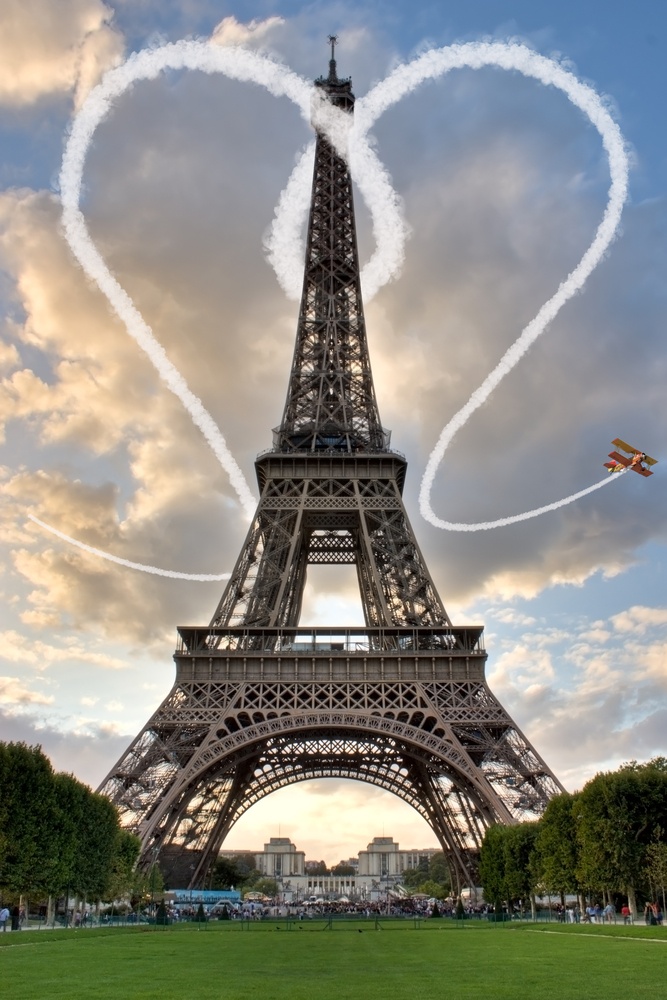
NY Times Best Selling Author and my favorite enigma Sylvain Reynard was gracious enough to write a guest blog on poetry. If you aren’t familiar with Reynard’s books,you are missing out on riveting tales full of suffering, sex, love, faith, and redemption. You can find out more about SR and his work by going to http://sylvainreynard.com/ You can also find him in all his tweeting glory @sylvainreynard
This poet is a huge fan. You will be too.
Now I give you SR in his own words
_____________________________________________
Many people avoid poetry.
Poetry usually brings to mind limericks, or schoolyard sing-songs, or angst-driven blank verse. But The Iliad and The Odyssey are poems. Dante’s The Divine Comedy is a poem.
Poetry is extremely flexible as a genre and like other arts it contributes something important to the human experience. Poetry can be a thing of beauty and a medium for reflecting on profound and sometimes unsettling truths.
When I wrote The Gabriel Series, I was inspired by the poetry of Dante, hoping to introduce the beauty of his art to a wider audience. Dante is not very well known anymore and few people read him outside of school or university.
In my new Florentine Series, I was inspired by the poet Apuleius’s account of the love affair between Cupid and Psyche. Again, this is a poem that is not very well known and infrequently read.
You can read the tale by starting here: http://www.poetryintranslation.com/PITBR/Latin/TheGoldenAssIV.htm#anchor_Toc347999726
Psyche was the youngest of three sisters and very beautiful. Her beauty was so great, it intimidated prospective suitors. Her older sisters quickly found husbands, while Psyche remained alone.
Her father feared that Psyche had been cursed by the gods and so he sought out an Oracle, who instructed him to deliver his daughter up to marry a great winged evil. In sorrow and despair, the father obeyed. Psyche went along with the Oracle’s instructions, proclaiming that her condemnation was the result of unbridled envy.
And then something surprising happened…
“…prompted by the sight of the evening star, Psyche retired to bed. Now, when night was well advanced, gentle whispers sounded in her ears, and all alone she feared for her virgin self, trembling and quivering, frightened most of what she knew nothing of. Her unknown husband had arrived and mounted the bed, and made Psyche his wife, departing swiftly before light fell. The servant-voices waiting in her chamber cared for the new bride no longer virgin. Things transpired thus for many a night, and through constant habit, as nature dictates, her new state accustomed her to its pleasures, and that sound of mysterious whispering consoled her solitude.”
Psyche was delivered up to someone, but far from treating her evilly, he treats her well. He gives her pleasure. He loves her body. But he only comes to her at night, so she has no idea who he is.
The oracle prophesied of a great winged evil, but her husband reveals himself as a tender, attentive lover, who truly cares for her. One evening, he speaks to her,
“Sweetest Psyche,” he said, “my dear wife, cruel Fortune threatens you with deadly danger, which I want you to guard against with utmost care. Your sisters think you dead and, troubled by this, they’ll soon come to the cliff-top. When they do, if you should chance to hear their lament, don’t answer or even look in their direction, or you’ll cause me the bitterest pain and bring utter ruin on yourself.”
Psyche subsequently is faced with a dilemma – should she trust her husband’s actions and how he treats her, or should she trust the judgments of her family and the Oracle.
Psyche knows what it is like to be judged on appearance alone, without regard to her character. Suitors shunned her, because she was thought to be too beautiful and too perfect – like a statue. In the poem, it looks as if she places all her trust in appearances as she strives to discover her husband’s identity, not trusting that his actions have revealed his true character.
But what would looking on his face reveal? Would it make his actions a lie? Psyche doesn’t stop to reflect on her husband’s nature. If he were truly monstrous, he’d treat her badly and not kindly. He loves her and brings her pleasure and she seems to enjoy his company, although she is plagued with doubt. Her doubt, however, reveals a fatal flaw in her character – she cannot trust her judgment of her husband based on his actions; she must judge him based on his appearances. This fatal flaw will be her undoing …
You can read the rest of the story through the link I posted above.
I deal with similar themes in “The Prince” and “The Raven,” and also the next book in the series “The Shadow.” The male and female leads find themselves in a situation where they end up having to trust one another’s characters rather than outward appearances. Indeed, the importance of having a good character is one of the themes of the novels, along with love, sex, hope, and redemption.
I welcome your comments on the myth of Cupid and Psyche and I hope that you will take time for beauty and poetry in your daily life. – SR




